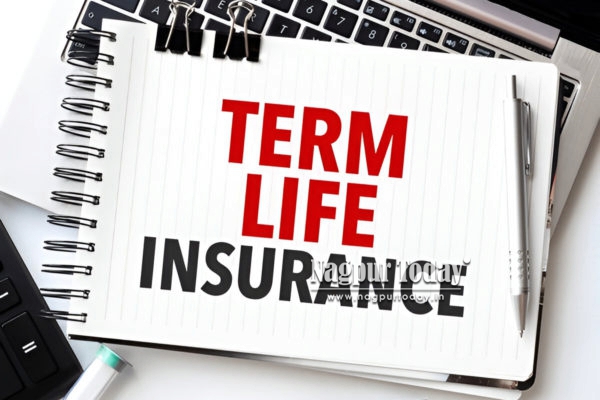
Understanding how coverage works in different situations is essential to taking advantage of term insurance. While it provides financial security in case of an untimely loss, certain conditions determine whether a claim is approved.
Medical negligence falls into a complex category where policies may have specific guidelines. Knowing how insurers evaluate such cases can provide clarity and preparedness. So, let us delve into the details.
In the case of medical negligence or incorrect treatment
Not every medical situation qualifies for a claim. If a policyholder passes away due to medical negligence, insurance providers evaluate the circumstances carefully. This could consist of a misdiagnosis, surgical mistake or incorrect treatment,
If the death was caused by factors beyond the individual’s control, the claim might be considered. However, if the policyholder knowingly underwent an unapproved or experimental procedure, insurers could reject the claim.
Other kinds of death not covered in a term insurance policy
Here is a list of deaths that are not covered in a term insurance policy:
- Deaths from high-risk activities are not covered unless disclosed and approved at the time of purchase. This includes skydiving, paragliding or deep-sea diving. The claim may be denied if the insurer was not informed about participation in such activities.
- If a policyholder passes away while engaging in criminal activities, the insurance company will not approve the claim. Similarly, if the nominee is responsible for the policyholder’s death, the payout is withheld until legal proceedings confirm their innocence.
- Deaths caused by excessive alcohol consumption, drug overdose or driving under the influence are not covered. Insurers consider these as preventable causes, leading to claim rejection.
- Loss of life due to war, riots or military conflicts is generally excluded from term insurance coverage.
- If a policyholder does not disclose a serious pre-existing illness at the time of purchase and later passes away due to it, the claim can be denied. Transparency about medical history is critical to avoid claim rejection.
- Insurers do not provide coverage for suicide within a year of the policy. After this period, some policies may offer coverage based on specific terms.
- Deaths caused by war-like situations, mutiny, rebellion or acts of terrorism are not covered. These are classified as extraordinary circumstances outside standard policy terms.
- If a policyholder fails to disclose lifestyle habits like smoking or drinking and later dies from related causes, the claim may be denied. Giving correct information when applying helps make sure the coverage stays valid.
To avoid such situations, keep these things in mind
To make sure a term insurance claim is approved, certain steps should be followed. Always read the policy terms carefully to understand what is included and excluded. The policyholder should personally fill out the insurance form instead of relying on an agent to avoid mistakes.
All medical and personal details must be shared correctly, as incorrect or missing information leads to claim rejection. Getting only necessary and approved medical treatments helps prevent complications with coverage. It is also important to look beyond just the basic claim amount and check all conditions that could affect the payout.
Closing note
Understanding what term insurance doesn’t cover helps avoid claim issues. Some exclusions may lead to claim rejection, so being aware of them is important. Choosing the right policy and providing accurate details ensures financial security for your family. Reading the terms and conditions carefully helps prevent unexpected issues later.
A term life insurance premium calculator helps estimate the right coverage based on income, expenses and future goals. This makes it easier to select a policy that offers reliable financial protection.
















